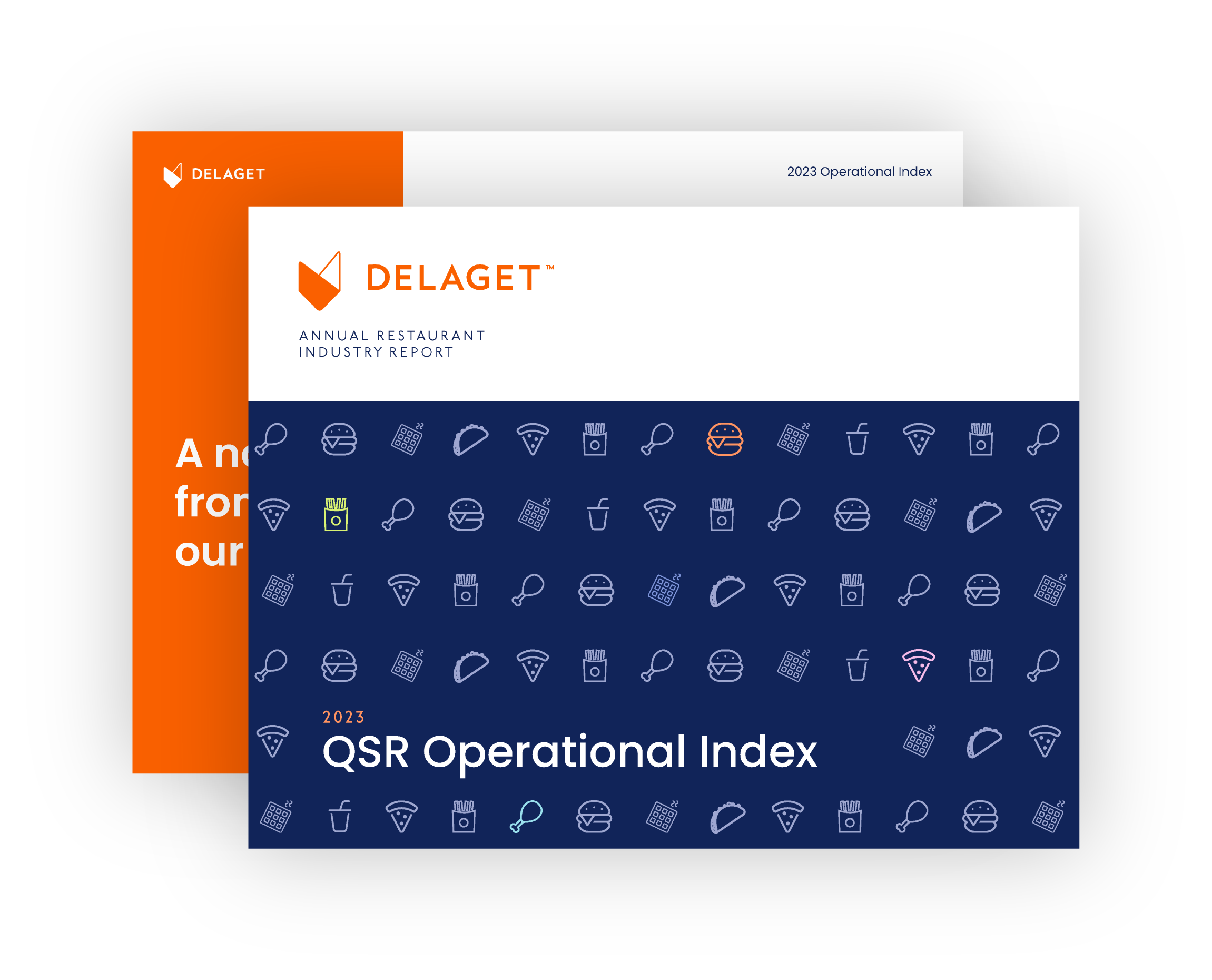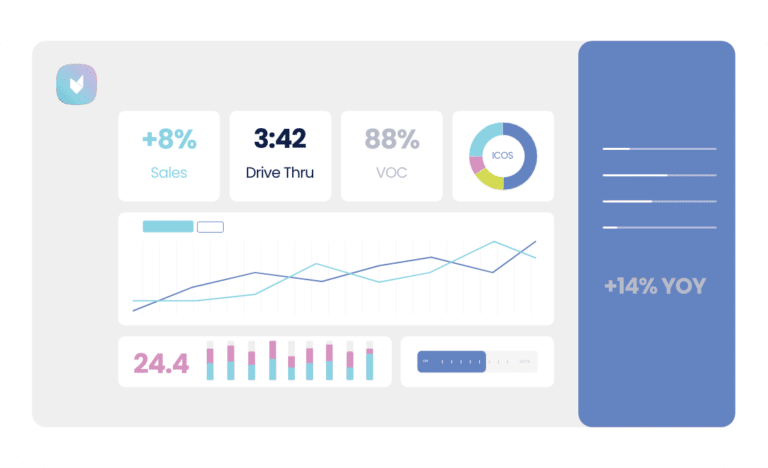Selling Into Restaurants: Key Insights to Seal the Deal
Sales approaches and tactics can vary greatly depending on the industry you are selling into, and restaurants are no exception with its vast intricacies. Let’s take a closer look at dynamics between franchisees and corporate entities, key restaurant personas, efficient operations, the strategic role of outsourcing technologies, and how to overcome sales challenges.
Unraveling the Uniqueness of Selling into Restaurants
Understanding Franchise and Corporate Dynamics
The restaurant industry involves a delicate partnership between franchisees and corporate entities. Franchisees embrace a proven business model, focusing on precise playbook execution. Corporate entities handle brand development and marketing, prioritizing restaurant sales to capitalize on significant royalty revenue.
A challenge arises from the subtle misalignment between corporate’s sales emphasis and franchisees’ commitment to profit margins. For instance, a southern California franchise experienced rapid sales growth but struggled with profitability due to high regional operational costs. If corporate are compelled to set prices or promotions inconsistent with regional costs, franchisee’s profit margins suffer.
Three Key Persona Groups in Restaurants
Franchise Owners: Often falling into three categories—family business, operational leaders with financial backing, or private equity investors—franchise owners value best practices, build relationships, and take their businesses personally. Franchisees take pride and care of their business.
Operations: With their focus on maintaining operational excellence, operations play a major role in decision making. They are the gatekeepers to ensuring the efficient execution of the restaurant’s value chain and often have the final say in implementing new processes.
Home Office Representatives: HR leaders, payroll managers, and administrative individuals in the home office play a pivotal role in decision-making. Their influence, though sometimes deferred to operations or owners, should not be underestimated.
Efficient Operations = Margin Optimization
Efficient restaurant operations are paramount for maximizing margins. Lean home office teams are common for franchises so products like payroll systems, human capital management (HCM), earned wage access (EWA), and other services can make a substantial impact on the efficiency of the entire operation.
Outsourcing key home office functions is a strategic move for franchisees aiming to optimize their margins. By offering solutions that automate processes, reduce human error, and enhance efficiency, you position yourself as a valuable partner in their pursuit of operational excellence.
Overcoming Sales Challenges and Gaining Interest
Stay Persistent (I cannot stress this one enough – I also know we’re preaching to the choir)
Reaching out to restaurant operators requires persistence and varied outreach strategies. Given the dynamic nature of their roles, franchise owners and operations may not always respond immediately – restaurant clients tend to be communicative about their thoughts toward a product or service so if you don’t hear from them, don’t give up. Be adaptable in your outreach methods, considering factors like time constraints, lunch windows, and varying communication preference, even trying text messages which they may be able to respond to on-the-go.
Leveraging Competitive Urgency
Appeal to the competitive nature of franchise owners. Highlighting the benefits of your products or services in terms of gaining a competitive edge can spark their interest and create a sense of urgency. Sharing past success stories with other restaurant clients can be a great way to show real-world examples of the impact of your product on efficiency.
Utilizing Delaget as a Resource
Delaget, with its extensive network and relationships with restaurant operators, can provide valuable insights and support your outreach efforts. Leveraging these connections can offer a unique advantage in understanding the specific needs and challenges of your target audience – I encourage you to reach out to your Delaget account manager for support.
Resources for Continued Learning
Looking for more restaurant industry insights? Here are some of Delaget’s current top resources:
2022 Operational Index: Delaget’s annual report on restaurant trends, providing insights into industry dynamics and benchmarks.
Top 200 Playbook: A comprehensive guide based on input from top-performing restaurants, outlining strategies to achieve success in the competitive landscape.
Partner Center Page: A hub for additional information and resources related to restaurants and Delaget sales. Reach out to your Delaget rep for your unique page link.
Key Takeaways
Selling into the restaurant industry demands a nuanced approach, recognizing the unique priorities and dynamics at play. By aligning your products and services with the operational needs of franchisees, emphasizing efficiency, and staying attuned to industry trends, you position yourself as a valuable partner in their journey to success. Remember, it’s not just about products; it’s about understanding the people and relationships that drive the restaurant business.
About Delaget
At Delaget, we see ourselves as experts at the intersection between technology and restaurant operations. With over 22,000 restaurants across 100 brands under our belt, our focus is on leveraging data to help restaurants run more efficiently. Our 98% retention rate speaks to the value we bring to our customers, emphasizing the importance of efficiency in restaurant operations.

Dave Sandhoefner
Chief Revenue Officer, Delaget
With over two decades of leadership in B2B sales across various verticals, Dave Sandhoefner has spent the last seven years at the helm of Delaget’s go-to-market team, specializing in the franchise restaurant space. With a foundational background working in and with restaurants and sales leadership, Dave offers a unique and insightful perspective on the uniqueness of the restaurant industry.









